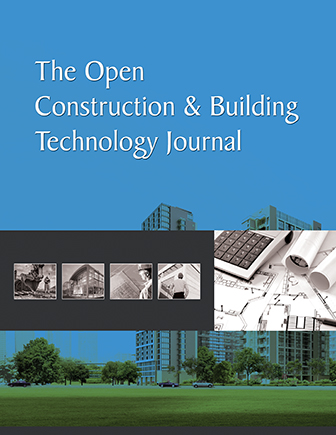All published articles of this journal are available on ScienceDirect.
Prediction of Shear Strength of Soil Using Direct Shear Test and Support Vector Machine Model
Abstract
Background:
Shear strength of soil, the magnitude of shear stress that a soil can maintain, is an important factor in geotechnical engineering.
Objective:
The main objective of this study is dedicated to the development of a machine learning algorithm, namely Support Vector Machine (SVM) to predict the shear strength of soil based on 6 input variables such as clay content, moisture content, specific gravity, void ratio, liquid limit and plastic limit.
Methods:
An important number of experimental measurements, including more than 500 samples was gathered from the Long Phu 1 power plant project’s technical reports. The accuracy of the proposed SVM was evaluated using statistical indicators such as the coefficient of correlation (R), Root Mean Squared Error (RMSE), Mean Absolute Error (MAE) over a number of 200 simulations taking into account the random sampling effect. Finally, the most accurate SVM model was used to interpret the prediction results due to Partial Dependence Plots (PDP).
Results:
Validation results showed that SVM model performed well for prediction of soil shear strength (R = 0.9 to 0.95), and the moisture content, liquid limit and plastic limit were found as the three most affecting features to the prediction of soil shear strength.
Conclusion:
This study might help in quick and accurate prediction of soil shear strength for practical purposes in civil engineering.


